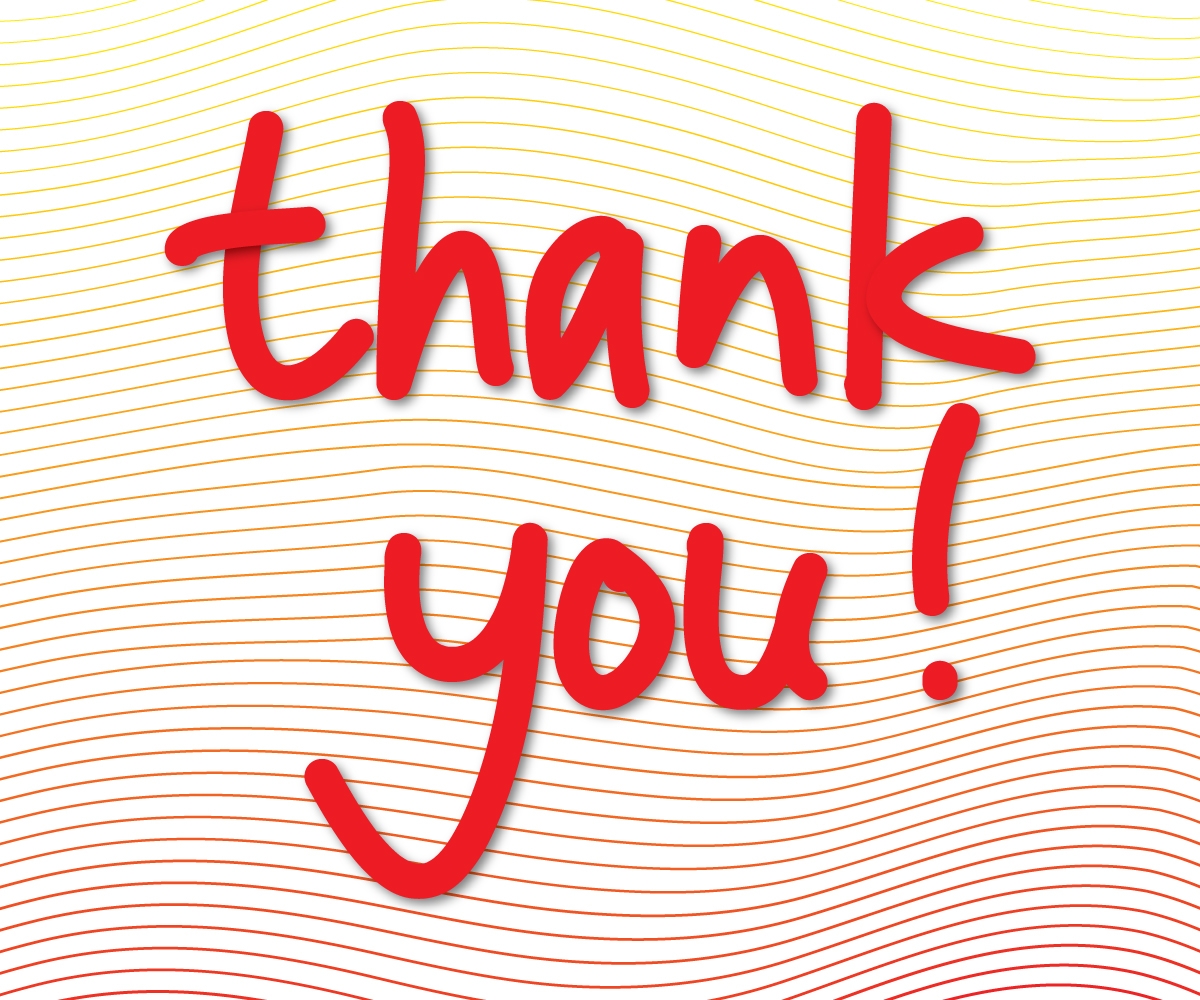People who work in an environment where doing their best is recognized have a better chance of feeling good about their work and a better chance of becoming successful producers who enjoy pleasing customers. Genuine praise goes a long way in helping workers stay productive, especially when demands are high. When it comes to appreciation, it's often not given, infrequent, or ineffective.
When it is given, it isn't always helpful. Why? Because certain types of appreciations BACKFIRE! Appreciation could be tricky business. Sometimes the most well-meant praise brings unexpected results.
Just imagine you come to work in an old suit that doesn't quite fit you anymore. Your boss says, "You look FANTASTIC in that suit." Would you feel flattered? Probably not. You're more likely to think: "What does she want from me?" The kind words leave you feeling suspicious of the boss' motives and on guard for fear of being manipulated. Compliments could also backfire in other ways:
Suppose you're practicing your golf swing, and, like me, you're a lousy golfer. Then in one rare moment, you swing your club and hit the ball far and true. Just then, along comes a department head who says, "You're an AMAZING golfer. That was a WORLD CLASS swing!" How likely would you be to take another swing in front of that guy? Most will say that they will not take another swing, because they don't want to fall off the pedestal on which they were just placed.
It's not worth the risk of trying again, because there's nowhere to go but down. In other words, productivity stops. People who receive praise of this sort, in this type of situation, stop trying. A well-meant appreciation could even create anxiety. Here's an example:
The boss says: "You did great today in the meeting. Keep it up." The employee thinks: "Wow, I did great! But what was it that I did that was so great? How am I going to measure up next time if I don't know what the boss liked?" As you can see, along with some good feelings, there are inherent problems with certain types of appreciation.
Ineffective appreciation could cause an employee to:
Doubt the praise. "He thinks I'm the best now, but once he sees how good Frank's presentation is, I'm history."
Reject the praise. "I'm not brilliant; I just worked harder than everyone else."
Focus on weakness. "You say I'm amazingly organized, but if you saw the inside of my car or my filing system, you wouldn't think I was so amazing."
Feel manipulated. "She's just buttering me up so I'll work overtime on the next project."
Experience anxiety. "He says I'm the smartest, but what happens when the new hires come in? If anyone shows potential, I could lose my status."
All the appreciations that caused these undesired side effects had one thing in common: They were all examples of "judgmental praise." Judgments evaluate. Here are some appreciation words that fit in the judgment category: good, brilliant, amazing, and smart. Judgment praise could make employees feel unsettled, uncomfortable, or even angry.
I have a colleague, Pam, who remembers being a young employee sitting at her cubicle. Her boss peeked in one day and said, "Pam, you're great. Have I told you how much I appreciate you?" Pam said, "Really, what is it you appreciate?" The boss was flabbergasted. He didn't know what to say. He just mumbled and walked away. His words came across as lip service, and Pam did not feel inspired.
Effective forms of appreciation could make a world of difference. It could empower employees to take pride in their accomplishments, and motivate them to do their best. Empowered employees will boost a company's bottom line. Empowered employees will seek the next level of responsibility. Empowered employees will make customers so happy they stay customers for life.
Before I give you the formula for effective appreciation, I must offer a caution: If you use this type of appreciation IN ORDER TO GET SOMETHING from your employees, it becomes manipulation and they can sense it. However, when you offer this type of praise out of an authentic appreciation for their accomplishments, you'll notice the difference.
To give appreciation in an effective way, be specific. Describe what you notice, what your eyes see, or how you feel, without relying on judgment words. I like to put it this way:
Say what you see, judgment-free.
As people hear their accomplishments described, they will naturally fill in the positive judgment words for themselves. Here's an example:
Unhelpful appreciation: "Ray, you're the greatest accountant of all time."
While Ray might agree with your assessment of him, he is just as likely to think one of the following thoughts: "If he only knew about the mistake I made on the McNeil case, he wouldn't be saying that," or "I know a few accountants with a lot more experience who are better than me," or "Oh, no. He's getting ready to ask me to do something I'm not going to want to do."
Helpful appreciation: "Ray, I gave you a jumbled box full of crumbled up expense receipts and in one day you sorted through, filed them, documented everything, and cut me a reimbursement check for this quarter. Thank you for what you did!"
Ray is most likely going to say to himself, "I am a great accountant!" And psychologists tell us that whatever words follow the phrase, "I am," becomes a direct command to the subconscious mind. Offering appreciation in a way that has employees praising themselves will create a stronger, more committed company and happier customers.
Do you give descriptive appreciation by saying what your eyes see, what you notice, or how you feel? When you do, it's like taking a verbal snapshot of people’s finest moments. It stays with them. They cannot deny the evidence before them. When a person's best is affirmed, he or she tends to believe more in the ability to succeed again.
Written by: 2012 Copyright Marilyn Suttle Marilyn Suttle is the co-author of Who’s Your Gladys? How to Turn Even the Most Difficult Customer into Your Biggest Fan. Marilyn travels internationally to deliver service excellence keynotes and workshops. Marilyn inspires her clients to excel by creating strong, productive relationships in every area of life. She specializes in creating “Suttle Shifts” in the way people think and act to produce massive results. When you need a keynote speaker or success coach, Marilyn could be reached at (248) 348-1023, [email protected], or via www.whosyourgladys.com. Photo: stock.xchng
To access additional free customer service resources—including blog articles and video tips—visit www.whosyourgladys.com.




